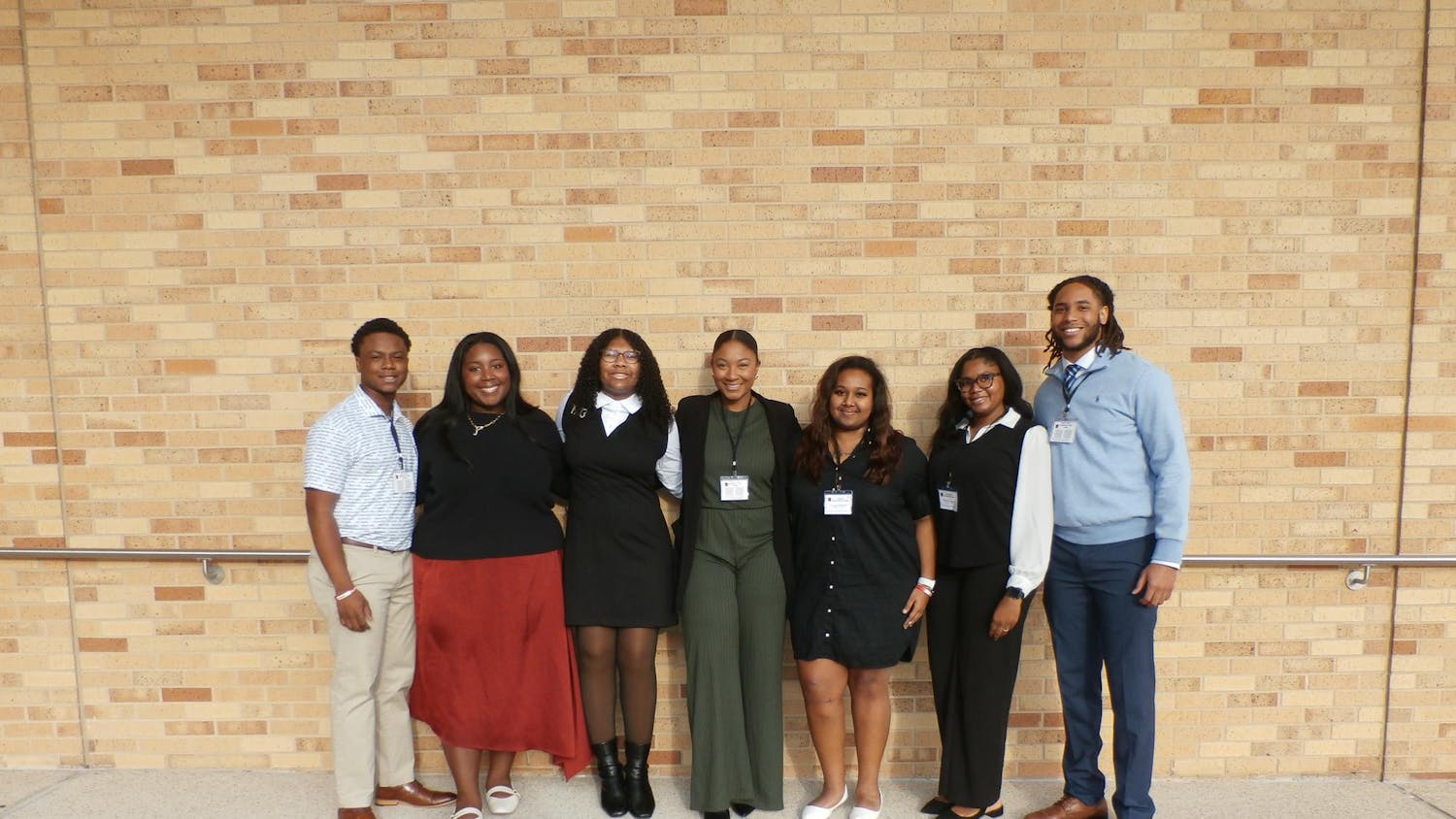When fall rolls around and classes start again in Auburn, a couple things inevitably jump to the forefront of a freshman student's mind: football and the "freshman 15."
While research has shown 15 pounds exceeds the average gain during freshman year, weight gain among first-year students is common.
The prevalence of obesity and other diet-related illnesses among adults reported by the Centers for Disease Control and Prevention, however, proves it is not just a freshman problem.
Instead of emphasizing the first year or the number on the scale, Jessica-Lauren Newby, Auburn University campus nutritionist, said students should focus on developing a healthy lifestyle overall.
These days, people often attempt to control their weight with quick-fix diets that promise immediate and dramatic results.
"People have to understand those are not long-term answers," Dr. Lisa Clark said. "There is no long-term fad diet that works. You have to go back to, what kind of foods do you regularly eat? Where are your calories coming from?"
Clark is a family physician in Destin, Fla. and helps patients deal with weight-related issues on a regular basis.
In 2005, she started writing a handbook explaining to her patients the aspects of weight management that couldn't be covered in a 15-minute visit.
This handbook evolved during an eight-year process and eventually became her book "Lighten Up America."
Clark said her book emphasizes the importance of education and motivation when trying to lose weight.
"If you learn to manage your input vs. your output, you'll have it figured out for life," Clark said.
Both Clark and Newby said they recommend tracking calories throughout the day and paying attention to where these calories come from.
As for output, they said to be intentional with making physical activity a part of your day. Make a fitness plan and then follow through with it.
"You've got to treat exercise like a part-time job," Clark said.
College students tend to make the excuse there isn't enough time to exercise or learn to cook right now, but when students graduate, jobs ideally take the place of classes and extracurricular activities.
"There's always going to be another reason not to eat healthy," said Kelly West, senior in nutrition and dietetics. "It has to be a priority now. It can't just be something you're going to do in the future."
West agreed with Katherine Cain, senior in nutrition and dietetics, when she said that one of the best things to focus on is a balanced plate.
"What you eat, combined with exercise, is going to be what helps you get to that optimal weight, so try to make a balanced meal," Cain said. "Look at the MyPlate diagram of fruit, veggies, grains, protein and some dairy."
Newby said she encouraged students to eat mindfully.
"Listen to your body," Newby said. "Ask yourself, am I hungry? Am I full? Make sure you're hydrating throughout the day, because we often confuse hunger for thirst."
Newby also recommended eating a variety of healthful foods.
"We tend to be habitual and get into a food rut of eating the same thing every day, " Newby said.
Jane McClaren, author of "You Can," touched on this idea in her book.
McClaren earned a master's degree in English from the University of Missouri-St. Louis.
She is not a nutritionist, but a woman who realized she had a food problem in her late 20s and spent 35 years studying and researching nutrition to address it.
She looked at her food habits and learned how to change them to have a better, healthier relationship with food and with herself.
McClaren described her book as one that "covers the whole picture of food and our relationship with food."
She said she's on a mission. She wants people to understand, celebrate and enjoy good food.
For those who may be struggling with a food problem now, she encouraged starting a food journal that identifies "the 4 W's."
What, when, where and why are you eating what you are eating? She said answering these questions can help you understand your relationship with food.
Nutrition professionals and non-professionals alike stressed the importance of education when it came to diet.
"A lot of students don't know what is healthy," West said. "You have to recognize that things you do now can affect the next 5-10 years."
When thinking about nutrition, experts said it's important to remember a couple details.
First, health does not mean deprivation. Enjoying birthday cake at a party every now and then in isn't a bad thing.
The goal of healthy eating should not be getting to a size zero.
"It's most definitely not about the number on the scale," Newby said. "It's about what we put in our bodies."
Also, don't believe everything you read online. If a diet sounds too good to be true, it probably is.
Newby encouraged students to be wise when reading nutritional literature.
"Be a filtered, cognizant reader," Newby said. "Weigh everything out. Look at the research."
Do you like this story? The Plainsman doesn't accept money from tuition or student fees, and we don't charge a subscription fee. But you can donate to support The Plainsman.




